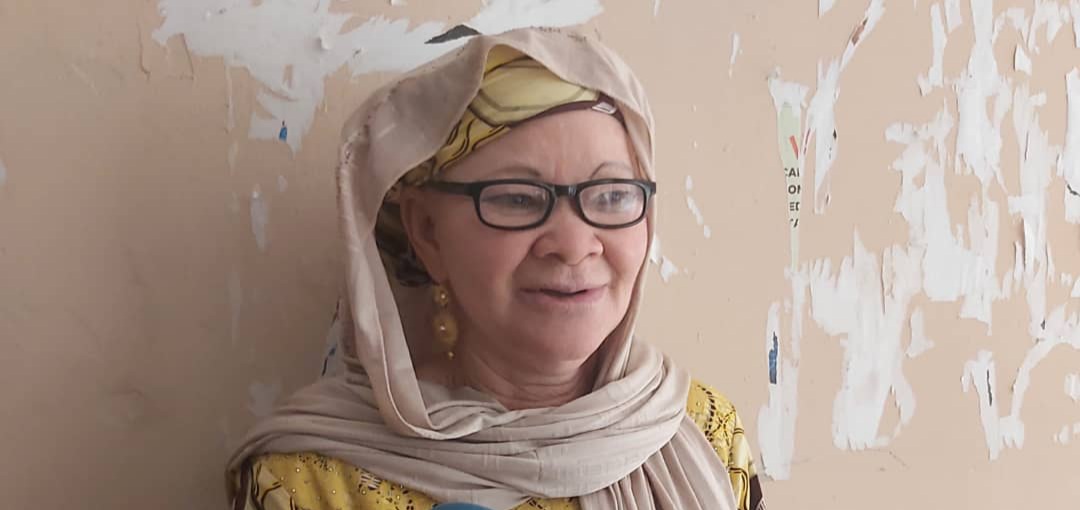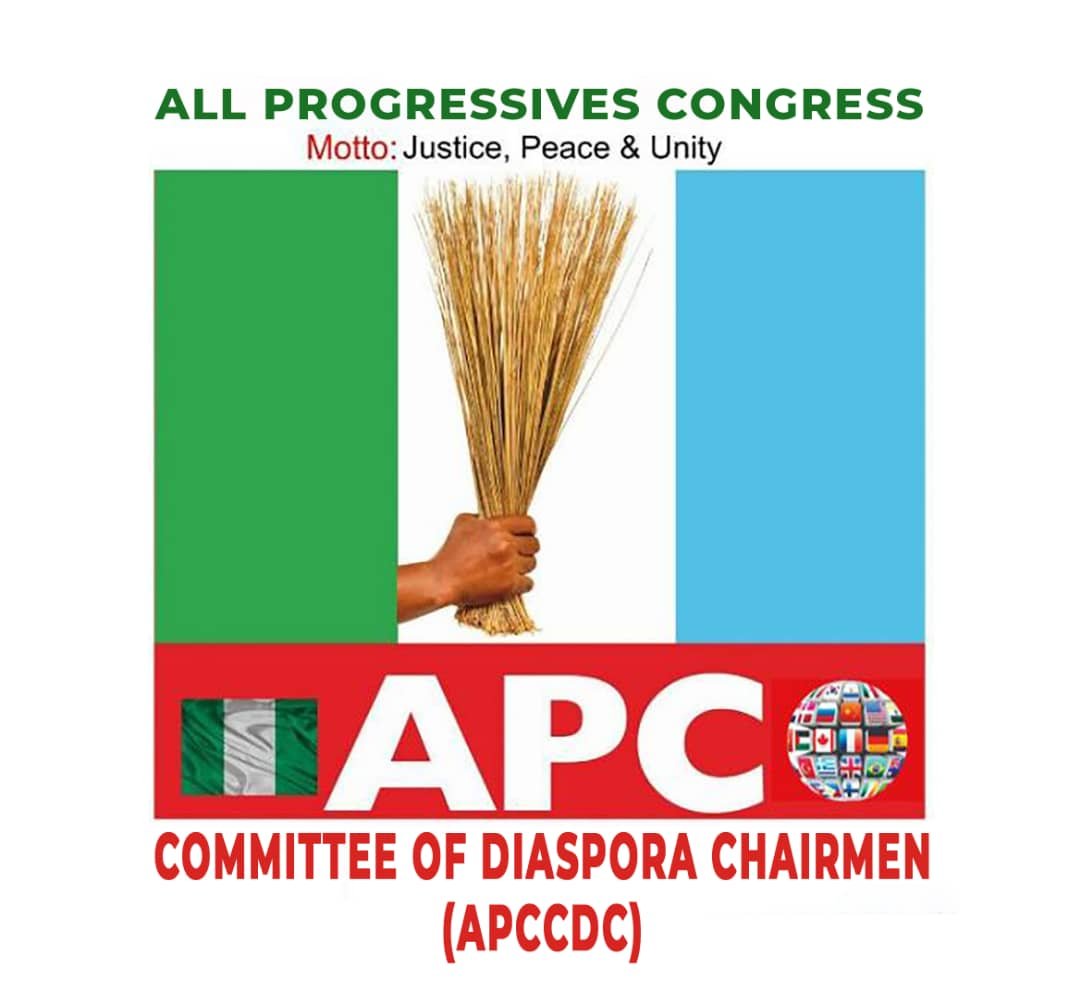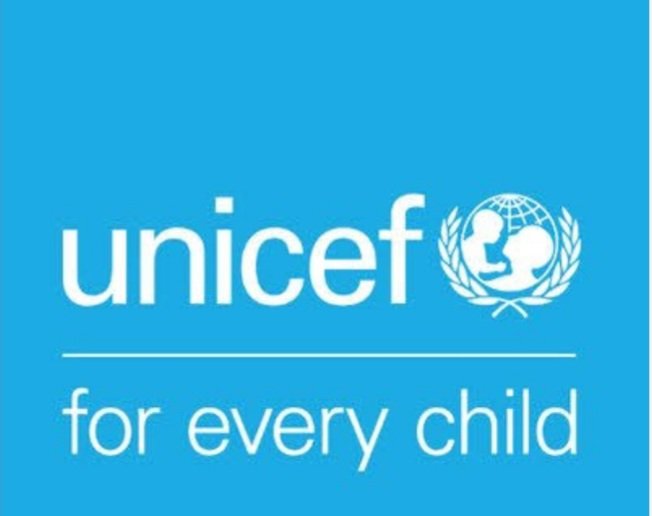Reliance on importation of pharmaceutical products will reduce soon – FG
By Folasade Akpan
The Minister of State for Health, Dr Tunji Alausa, has assured Nigerians that very soon reliance on importation of pharmaceutical products would drastically reduce.
He gave the assurance on Monday in Abuja, at a high-level dialogue to “Address the Technology Gaps in Nigeria’s Pharmaceutical and Vaccine Industries”.
The dialogue was organised by the Ministry of Health and Social Welfare, in collaboration with the National Institute for Pharmaceutical Research and Development (NIPRD), African Pharmaceutical Technology Foundation (APTF) and the World Health Organisation (WHO).
According to Alausa, the assertion is based on the steps taken so far on the implementation of the National Plan for Vaccine Research and Development and Local Production 2024-2034, which was inaugurated in February.
He said that the national plan which had adopted a mixed method approach was developed to address the insufficiency Nigeria and other African countries suffered due to the lack of locally made vaccines during the COVID-19 pandemic.
“You will recall that COVID-19 pandemic took the world by surprise, the impact was felt globally, including in most advanced countries.
“The lessons from the pandemic cannot be forgotten in a hurry, including the scramble for COVID-19 vaccines by developed nations.
“As you’re aware, Nigeria, like many other African countries, was affected due to inability to manufacture vaccines locally.
“In the light of this, the Federal Ministry of Health and Social Welfare, went ahead to develop a vaccine policy in order to be proactive in achieving sustainable local manufacturing of vaccines.
“The national plan is embedded with nine change strategies for prioritisation in order to achieve sustainable local manufacturing of vaccines in Nigeria.
“Two among these nine change strategies are clearly reflected in the objective of this event. One of the change strategies is about intellectual property while the other is technology sophistication and knowledge transfer. “
He also said that the dialogue brought together relevant stakeholders to synthesise ideas and solutions for the robust and contextual strategies that would expedite technology transfer for local manufacturing of medicine and vaccines.
“This approach will provide a strong foundation that support harnessing of local capacity to meet the health care needs of the population.
“The intervention also stimulates local research and development activities for pharmaceuticals and other healthcare commodities.”
The Chief Executive Officer of APTF, Prof. Padmashere Sampath, said that a lot of reasons were responsible for low availability and high prices of pharmaceutical products in Nigeria.
She added that lack of domestic producers, who could produce in ample quantities, was one of the primary reasons, making it impossible to have the kind of competition that would help crash prices of commodities.
“A second reason is that a lot of drugs currently being sold in the Nigerian market are sold by international producers and these producers either sell patented versions of the drugs or maybe branded generics.
“They are more expensive than what will be the case if you produce them domestically.
“So by building domestic capacity, introducing new firms, having competition in the market, we can actually increase availability and reduce price at the same time.
“This is helpful for economic development because the pharmaceutical sector can employ a lot of people.
“It’s the backbone of the industrial economy, but it’s also very good for public health.” she added.
Sampath also said that having drugs at lower prices frees up public health budget to help the health systems become more robust for pandemic preparedness.
This, according to her, would enable people to be treated and give better resilience to the healthcare system.
On his part, Prof. Banji Oyelaran-Oyeyinka, the Senior Special Advisor to the President, African Development Bank, said the solution was to ensure industrialisation in the sector.
According to him, health security cannot be outsourced.
He advised that companies willing to produce drugs in Nigeria should be given the right and requisite support to produce the drugs needed in the country.
“So it shouldn’t just be a problem for us, it should be opportunities for this country to solve its own problems and grow its own skills.
“We believe that if we all come together, we can solve this problem and in the next three or four years, we should have so many companies actually producing the drugs that we require,” he said.
Also, the Director-General of NIPRD, Dr Obi Adigwe, said that it was predicated in the national plan that at least three companies, should emerge during the 10-year period of the plan.
He added that presently, there were already three companies that have indicated interest and based on past records of those companies, they would successfully manufacture vaccines within the next 24 to 36 months.
“So it is for us to enhance our activities to be sure that their support is contextual and enable them to reach that target.
“So for the future, we’re looking at leading the charge to coordinate science and research and development to enable policies support the industry.
“This will enable us to get at least three local vaccines manufacturing entities in Nigeria within the next three to five years.
“I am very confident that the policy ecosystem will enable us reach that target of three manufacturing entities in half the time that the plan sets out.”
The News Agency of Nigeria (NAN) reports that the meeting’s objective is to enable national stakeholders make developmental contributions to the national assessment programme to measure the technology gaps in Nigeria’s pharmaceutical sector, including vaccines. (NAN) (www.nannews.ng)
Edited by Abiemwense Moru






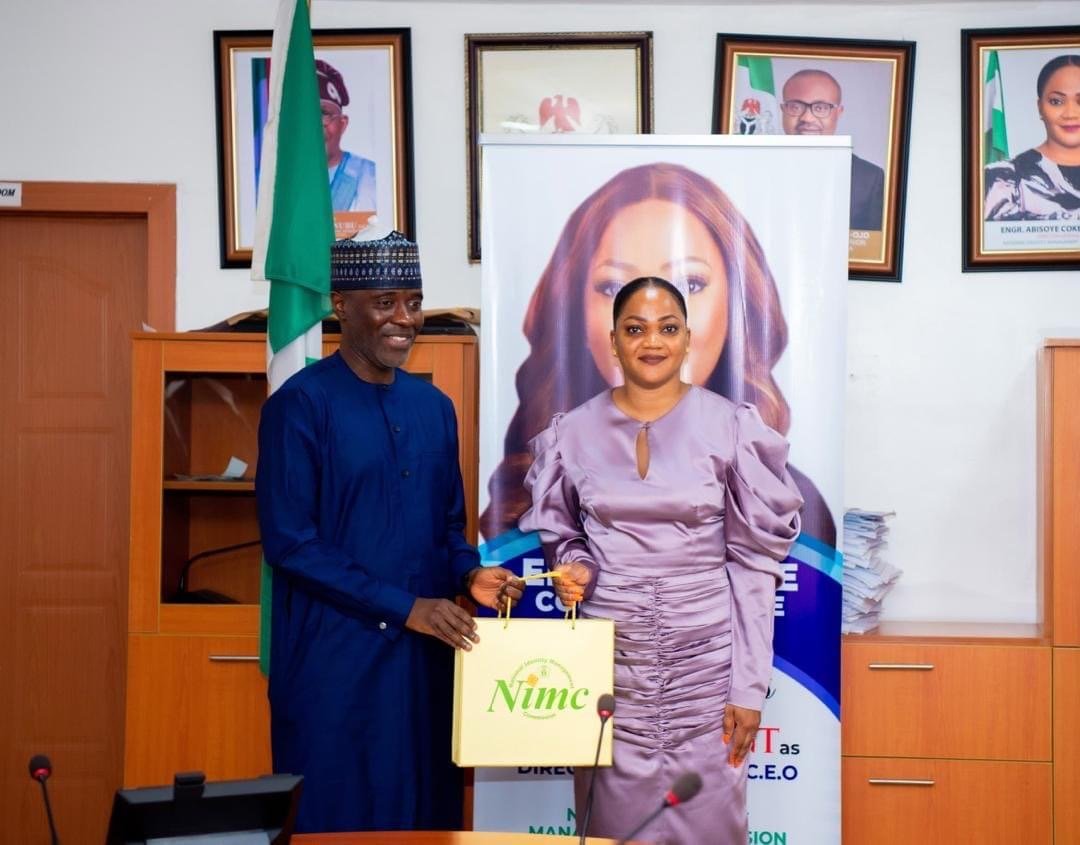
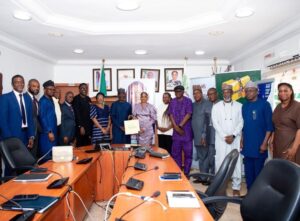 The agencies noted that telecommunication operators would validate submitted NINs to ensure accuracy and integrity of subscriber data, when leveraging NIMC’s robust database and authentication infrastructure.
The agencies noted that telecommunication operators would validate submitted NINs to ensure accuracy and integrity of subscriber data, when leveraging NIMC’s robust database and authentication infrastructure.